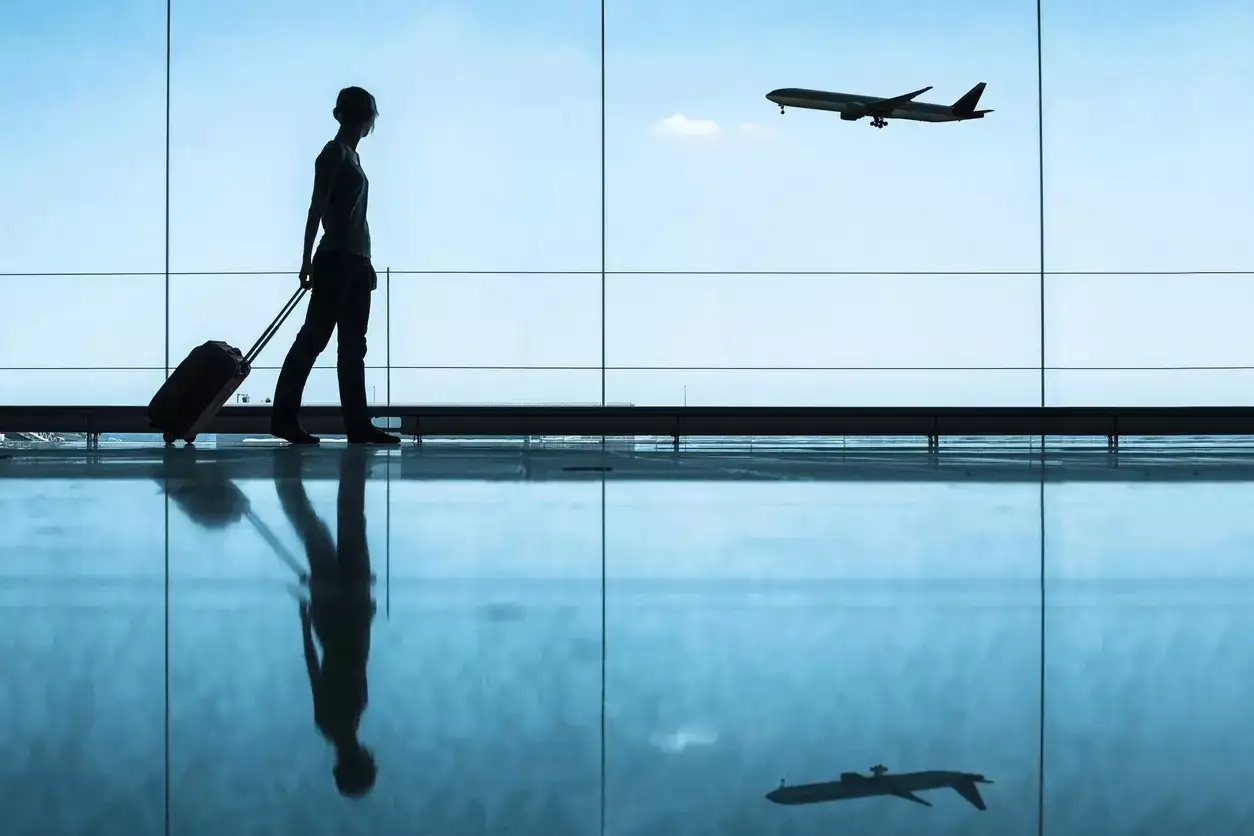The Rising Call for Travel Advisories
Recent travel dynamics have brought forth a significant discourse regarding travel advisories, particularly in light of ongoing geopolitical tensions. This discussion has become increasingly pertinent for the travel sector, sparking conversations around the advisories directed at certain countries. Insights reveal a notable decline in tourist bookings to destinations perceived as unfriendly, impacting air travel, hotel reservations, and even local economies.
Current Trends in Bookings
Analysts have observed that travel bookings to specific countries, such as Turkiye and Azerbaijan, have seen drastic reductions—by approximately 60% recently. This dismal statistic has been accompanied by an astounding surge in cancellations, reaching a staggering 250% across the board. Such shifts in booking behaviors highlight the sensitive nature of international relations and how swiftly they can alter travel plans and preferences.
Voices from the Industry
Influential industry bodies, including associations dedicated to tour operations and travel agents, are vocal in their recommendations for the government to issue strong travel advisories. Their primary concern centers around preserving the safety and interests of Indian travelers while ensuring a cohesive response in the face of geopolitical volatility.
For instance, experts contend that travel is not merely an economic activity—it’s intertwined with national values and ethics. They posit that issuing advisories to countries showing support for entities threatening national security is paramount. As Ravi Gosain, the President of a reputed travel association, succinctly states, such measures could send a resounding message regarding India’s commitment to countering threats against its citizenry.
Economic Impacts on Tourism
When delving into the economics of tourism, the ramifications of these advisory calls become evident. Countries like Turkiye and Azerbaijan, which welcomed hundreds of thousands of Indian tourists in recent years, may face considerable financial repercussions. Tourism plays a vital role in their economies, significantly contributing to GDP and employment. The loss of Indian travelers could lead to decreased economic activity, highlighting the interdependence of international relations and tourism.
| Ország | Indian Visitors Last Year | Tourism Contribution to GDP |
|---|---|---|
| Turkiye | 287,000 | 12% |
| Azerbajdzsán | 243,000 | 7.6% |
Advisories and Their Economic Repercussions
The travel trade’s solid stance against promoting tourism to countries perceived as affiliates of terrorism underscores the broader implications of reliance on foreign support. One of the leading travel entities recently suspended all bookings for Turkiye and Azerbaijan, reflecting solidarity with national interests. This move resonates with travelers also seeking to align their travel choices with ethical considerations, further complicating the relationship between geopolitics and tourism.
Social Media Influence
Amplifying this movement is the notable presence of social media campaigns advocating for a boycott of certain destinations. Hashtags like #BoycottTurkeyAzerbaijan have gained traction, enabling widespread public discourse and further influencing travel decisions. News around bookings and cancellations quickly circulates, affecting perceptions and choices, particularly among socially conscious travelers who prefer destinations that exemplify shared values.
Government Response and Deliberation
While calls for advisories gain momentum from all corners of the travel industry, the government remains in deliberation. Responses are influenced not just by public sentiment but also by the necessity to safeguard commercial interests. Should the government choose to instate substantial travel advisories, it could effectively reshape outbound travel patterns from one of the world’s fastest-growing travel markets.
The Broader Implications
Ultimately, the evolving narrative around travel advisories paints a complex picture of the travel landscape. National interests will continue to inspire changes in how countries engage with one another, subsequently influencing travel patterns and preferences.
Összefoglalva
In a world of ever-changing geopolitical landscapes, the importance of informed travel choices cannot be overstated. While the recent discourse on travel advisories highlights a vital intersection between politics and tourism, it also represents an opportunity for travelers to leverage platforms like GetTransfer.com. Offering transparency and a user-friendly experience, GetTransfer allows users to choose their vehicle, view essential details, and make informed decisions on their travel plans. This fosters comfort and confidence in the travel journey, reassuring customers even amidst uncertainties.
Even though reviews and feedback can guide decisions, personal experiences often reign supreme. GetTransfer offers the chance to hire a car with a driver from verified providers at reasonable prices. This enables travelers to resonate with the convenience, affordability, and extensive vehicle options available, ensuring satisfaction every step of the way. Book your ride with GetTransfer.com.

 Utazási tanácsadói felhívások: Indiai utazási trendek: A turisztikai célpontokra gyakorolt hatás és az indiai utazási trendek">
Utazási tanácsadói felhívások: Indiai utazási trendek: A turisztikai célpontokra gyakorolt hatás és az indiai utazási trendek">
Megjegyzések